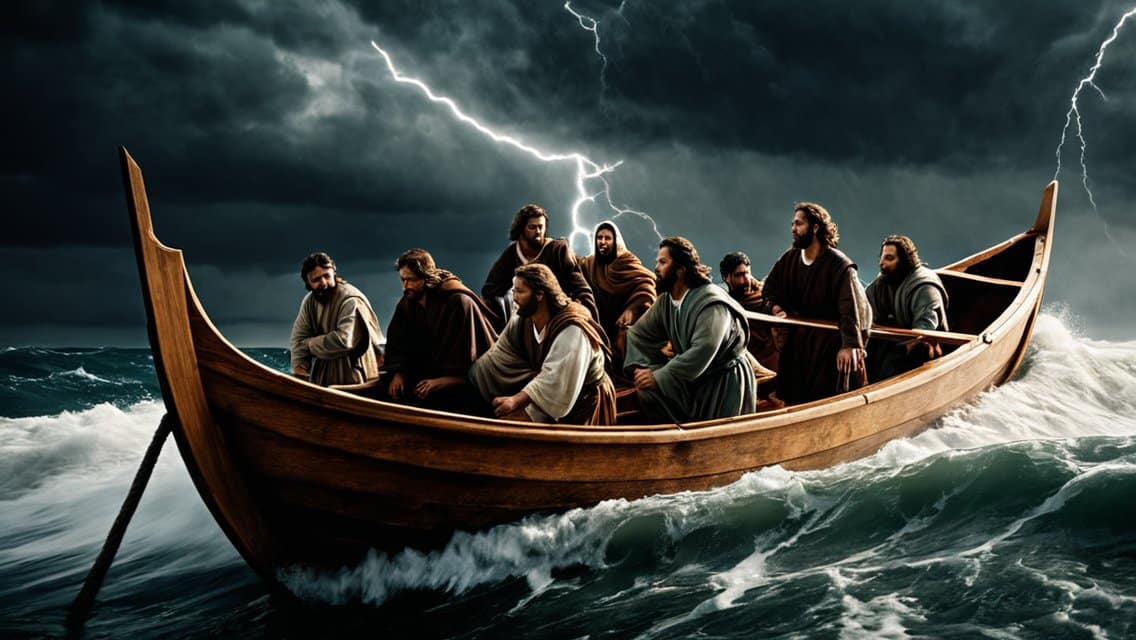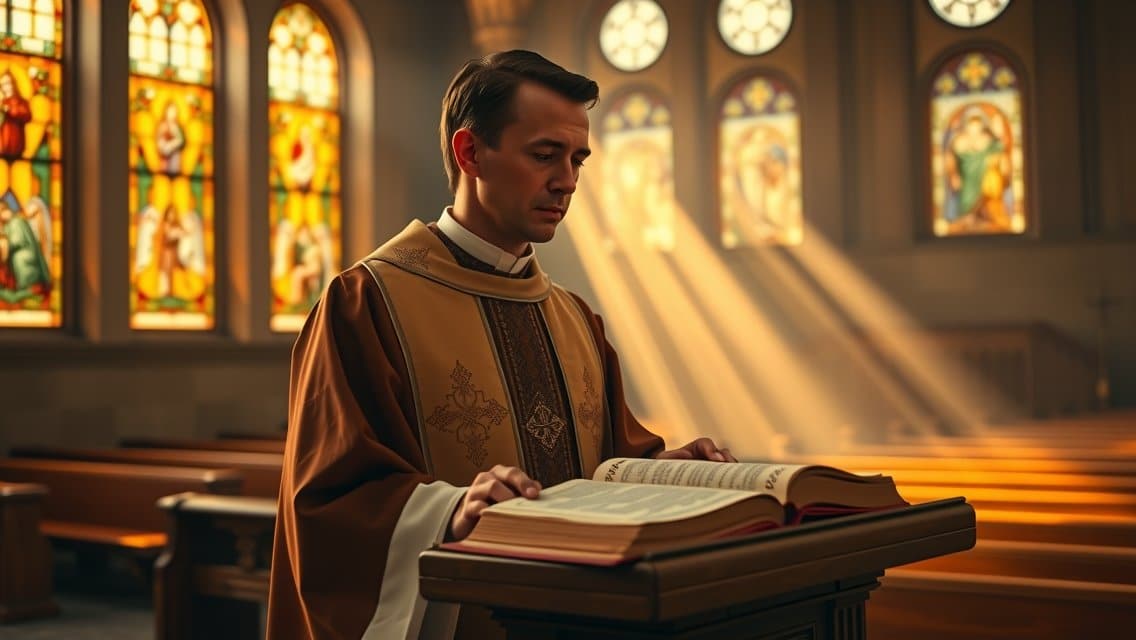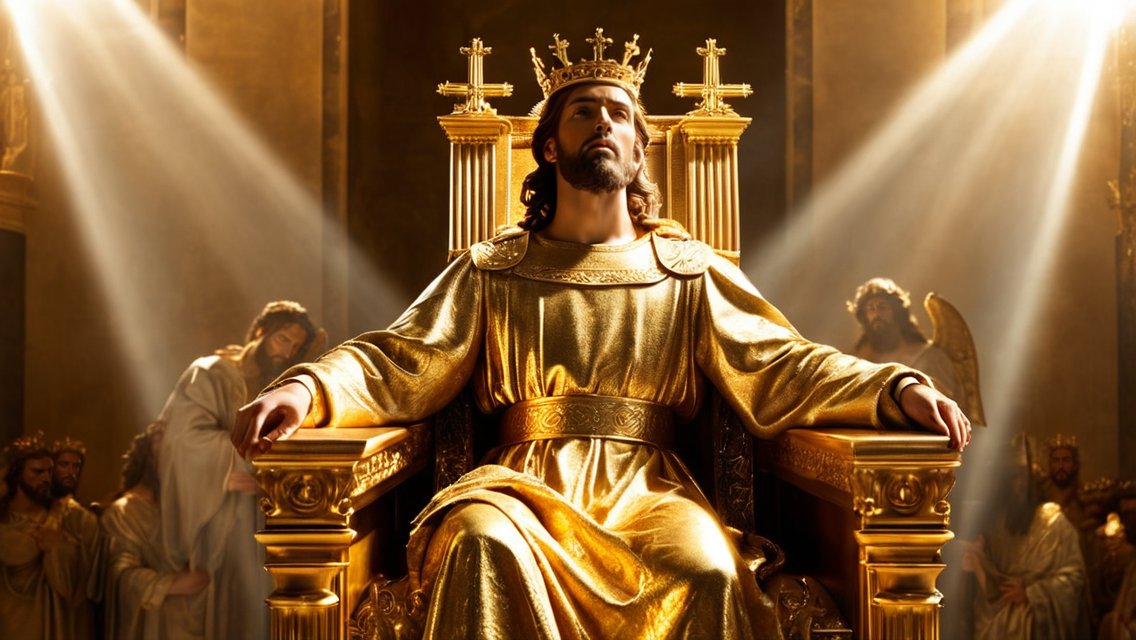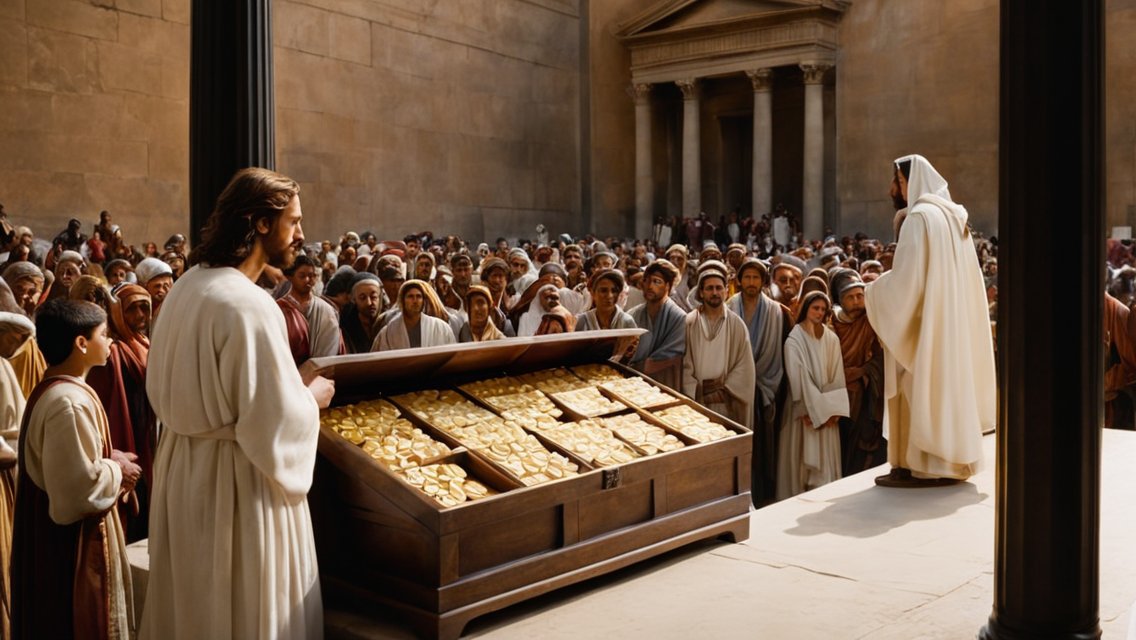Twelfth Sunday Homily of the Ordinary Time – Year B
Readings: Job 38:l, 8-l ll, 2 Cor 5:l4-l7, Mk 4:35-4l
1st Reading – Job 38:1, 8-11
1 The Lord addressed Job out of the storm and said:
8 Who shut within doors the sea, when it burst forth from the womb;
9 when I made the clouds its garment and thick darkness its swaddling bands?
10 When I set limits for it and fastened the bar of its door,
11 and said: Thus far shall you come but no farther, and here shall your proud waves be stilled!
Responsorial Psalm – Psalms 107:23-24, 25-26, 28-29, 30-31
R. (1b) Give thanks to the Lord, his love is everlasting.
or:
R. Alleluia.
23 They who sailed the sea in ships,
trading on the deep waters,
24 These saw the works of the LORD
and his wonders in the abyss.
R. Give thanks to the Lord, his love is everlasting.
or:
R. Alleluia.
25 His command raised up a storm wind
which tossed its waves on high.
26 They mounted up to heaven; they sank to the depths;
their hearts melted away in their plight.
R. Give thanks to the Lord, his love is everlasting.
or:
R. Alleluia.
28 They cried to the LORD in their distress;
from their straits he rescued them,
29 He hushed the storm to a gentle breeze,
and the billows of the sea were stilled.
R. Give thanks to the Lord, his love is everlasting.
or:
R. Alleluia.
30 They rejoiced that they were calmed,
and he brought them to their desired haven.
31 Let them give thanks to the LORD for his kindness
and his wondrous deeds to the children of men.
R. Give thanks to the Lord, his love is everlasting.
or:
R. Alleluia.
2nd Reading – 2 Corinthians 5:14-17
Brothers and sisters:
14 The love of Christ impels us, once we have come to the conviction that one died for all; therefore, all have died.
15 He indeed died for all, so that those who live might no longer live for themselves but for him who for their sake died and was raised.
16 Consequently, from now on we regard no one according to the flesh; even if we once knew Christ according to the flesh, yet now we know him so no longer.
17 So whoever is in Christ is a new creation: the old things have passed away; behold, new things have come.
Alleluia – Luke 7:16
R. Alleluia, alleluia.
16 A great prophet has risen in our midst,
God has visited his people.
R. Alleluia, alleluia.
Gospel – Mark 4:35-41
35 On that day, as evening drew on, Jesus said to his disciples: “Let us cross to the other side.”
36 Leaving the crowd, they took Jesus with them in the boat just as he was. And other boats were with him.
37 A violent squall came up and waves were breaking over the boat, so that it was already filling up.
38 Jesus was in the stern, asleep on a cushion. They woke him and said to him, “Teacher, do you not care that we are perishing?”
39 He woke up, rebuked the wind, and said to the sea, “Quiet! Be still!” The wind ceased and there was great calm.
40 Then he asked them, “Why are you terrified? Do you not yet have faith?”
41 They were filled with great awe and said to one another, “Who then is this whom even wind and sea obey?”
Homily
Steadfast Anchor on Stormy Seas
“Why are you so frightened? .How is it that you have no faith?” (Mk)
A captain of a ship was known for his deep faith in God. Before every trip, he would pray earnestly and then begin sailing. His habit of prayer was pooh-poohed by his sailors. “What’s the need of praying?” they’d ask him jeeringly. “l pray to remind myself that God is my anchor and to remind God that He is my captain!” On a later trip, when mighty winds and waves tossed the ship on the high seas, everyone panicked and began praying. They begged the captain to join them. He replied, “I’ve already anchored this ship on God. But, it might help if you begin praying at least now.” Who or what is my anchor on Life‘s stormy seas?
The first reading, responsorial psalm and gospel passage all deal with seas and storms. The first reading contains God’s answer to Job and his friends’ arguments and doubts. They cannot understand why a just, upright man should suffer the way lob did. Thus Yahweh speaks to job “out of the whirlwind” – a Scriptural device to denote a so-called theophany, a revelation of God. God’s logic is simple: Were you there when l created the winds and seas? Don’t you know that I am the sovereign God lover and above everything and everyone else?
The psalm (107′) invites four different groups of people to praise and thank God. The fourth group consists of those who have been rescued from a storm at sea. Thus, the psalm links the first reading and the gospel. The key words tying the psalm to the gospel occur in verse 29: “He made the storm be still.”
Though the second reading does not directly dovetail with our theme of calming the storm; Paul exhorts his people to have faith in God precisely because the death-resurrection of Jesus Christ is the assurance that God will grant us our hearts’ desires. Jesus is our steadfast anchor (Heb 6: l9) who supports us through the storms of Life.
Today’s gospel passage must be seen not in isolation but in the light of the Biblical Tradition, wherein God is said to have power over the seas and prophets are believed to be able to calm storms; as, for instance, in the Book of Jonah MS. The story’s main purpose is to pose a question: “Who can this be?”
Evangelist Mark wants to tell his readers that the “One who is to come” has already come in this Jesus Christ. And the revelation of the coming of God’s kingdom in Jesus is not merely a matter of preaching and words, but is corroborated with Jesus’ practice and works. At creation, God created the cosmos out of chaos. Now, God is bringing cosmos out of chaos through The Son, Jesus Christ, in the power of the Spirit. In other words, the stilling of the storm shows the disciples that Jesus is the chosen one of God.
Jesus’ mild reproach: “Why are you afraid? Have you no faith?” is not answered by his disciples but leads to their questioning among themselves: “Who can this be?” It is only later, in Mark chapter 8 that the disciples will give a partial answer to the identity question through their leader, Peter (8:29); and only beyond the cross and resurrection will they fully realize who Jesus truly is and what He came for.
Two believers were discussing God’s Providence. Said one, “I’m sure God will provide!” The other remarked: “I only wish God would provide until God provides.” it takes great prayer, perseverance and patience to perceive the wonders of a Provident God.
We face many storms today: individual, familial, ecclesial and societal Is God the anchor that stills all our storms? The imagery of the bark is quite popular to represent Christ’s Church. Do the churches and all Christians truly believe that Christ is with us although seemingly asleep in our boat? Like the captain of our story, we‘d be able to face the ebbs and flows of Life with confidence if only we anchor ourselves to our Saviour and rejoice that He always sails with us.





